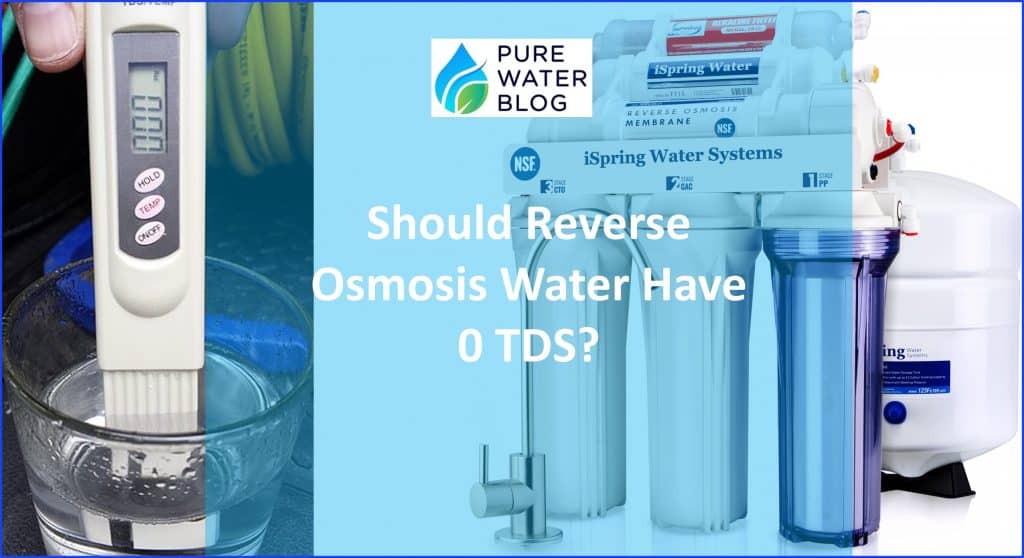The Curious Case of Lowering TDS in Water

Ever wonder what those three little letters – TDS – lurking on your water filter box actually mean? They stand for Total Dissolved Solids, and understanding them can unlock a whole new level of appreciation for the water you drink. It’s not just about wetness, you see. It’s about what’s *in* the wetness. Imagine a bustling city within your water glass, a microscopic metropolis teeming with minerals, salts, and sometimes, less desirable guests.
So, what's the big deal with lowering TDS in water? Well, high TDS levels can impact the taste of your water, leaving it with a metallic or salty flavor. It can also affect the effectiveness of appliances like coffee makers and kettles, leading to mineral buildup and reduced efficiency. But beyond taste and appliances, TDS levels can be an indicator of other potential water quality issues, making understanding and managing TDS an important aspect of maintaining healthy hydration.
Historically, the quest for cleaner water has been a constant human endeavor. From ancient civilizations boiling water to modern filtration systems, the goal has always been to reduce impurities and improve taste. Lowering TDS is a part of this ongoing pursuit, reflecting our evolving understanding of water quality and its impact on our health and well-being.
The importance of TDS reduction lies in the potential health and practical benefits it offers. While not all dissolved solids are harmful, excessive levels of certain minerals can pose health risks. Furthermore, high TDS can interfere with the absorption of nutrients and medications, potentially impacting their effectiveness. Addressing TDS levels is crucial for ensuring access to clean, healthy, and palatable water.
One of the main issues related to reducing TDS in water is finding the right balance. Completely pure water, while theoretically possible, is not necessarily desirable. Some minerals, like calcium and magnesium, contribute to healthy bodily functions. The goal isn't to eliminate all dissolved solids, but rather to reduce them to a healthy and acceptable range.
TDS is measured in milligrams per liter (mg/L) or parts per million (ppm). A TDS meter can be used to measure the concentration of dissolved solids in water. For example, a TDS reading of 100 ppm indicates that there are 100 milligrams of dissolved solids in every liter of water.
Benefits of lowering TDS in water include improved taste, increased effectiveness of water-using appliances, and potential health advantages associated with reduced exposure to certain minerals.
One way to reduce TDS is through reverse osmosis (RO) filtration. This process forces water through a semipermeable membrane, effectively removing a significant portion of dissolved solids. Another method is distillation, which boils water and collects the condensed steam, leaving behind dissolved impurities.
Here’s a simple checklist for managing TDS: 1. Test your water. 2. Choose an appropriate filtration method. 3. Regularly maintain your filtration system.
If your TDS levels are high, consider installing a reverse osmosis system. Follow the manufacturer’s instructions for installation and maintenance.
Advantages and Disadvantages of Lowering TDS
| Advantages | Disadvantages |
|---|---|
| Better taste | Potential removal of beneficial minerals |
| Improved appliance performance | Cost of filtration systems |
Five best practices for lowering TDS: 1. Regular testing. 2. Choosing the right filtration method. 3. Proper maintenance. 4. Consulting a water specialist. 5. Monitoring water quality.
Real examples include using RO systems in homes, water purification plants utilizing distillation, and portable TDS filters for travelers.
Challenges include the cost of filtration and the potential for membrane fouling in RO systems. Solutions include regular cleaning and maintenance.
FAQ: 1. What is TDS? 2. How is TDS measured? 3. What are safe TDS levels? 4. What causes high TDS? 5. How can I reduce TDS? 6. What are the benefits of lowering TDS? 7. What are the different types of TDS reduction methods? 8. How do I choose the right TDS reduction method?
Tips and tricks include regularly cleaning your filtration system and using a pre-filter to extend the life of your RO membrane.
In conclusion, understanding and managing TDS is a crucial aspect of ensuring access to clean and healthy water. Lowering TDS levels can improve the taste of your water, protect your appliances, and potentially offer health benefits. While various methods exist for reducing TDS, choosing the right method depends on your specific needs and water quality concerns. By taking proactive steps to manage your water’s TDS levels, you’re investing in your health and well-being. Remember to regularly test your water, maintain your filtration system, and consult with a water specialist if needed. Clean, healthy water is not just a luxury; it's a fundamental necessity, and understanding TDS is a key step towards ensuring you have access to the best water possible.
Decoding divorce navigating your legal consult
Pepco power outages find real time updates near you
Unlocking justice your guide to bucks county court records













